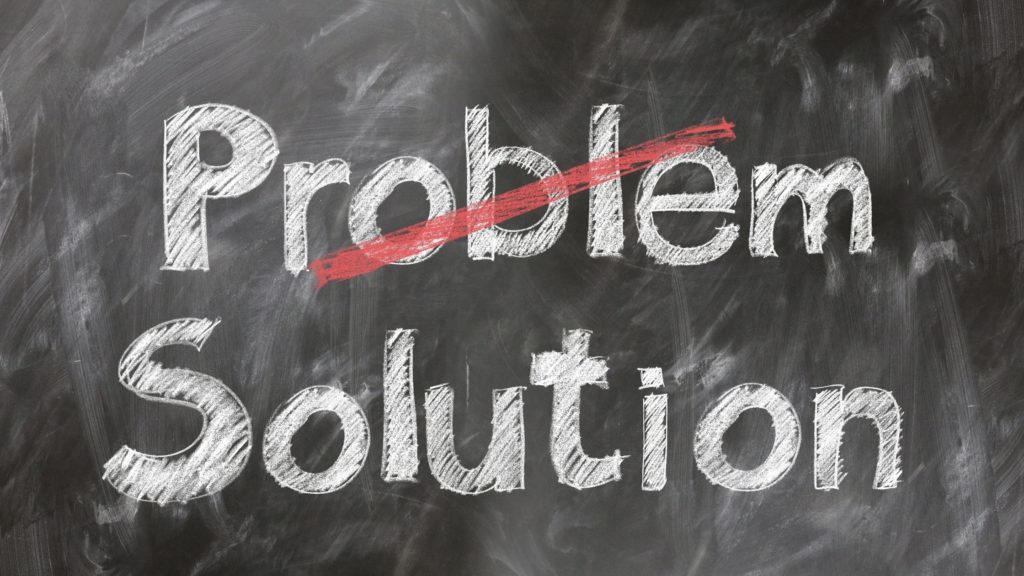Heirs who are prepared to inherit wealth, with families who talk about wealth and have an estate plan, will do better than those who do not, says the West Haven Observer’s recent article “5 Estate planning disasters you’ll want to avoid.” A constantly changing legal and tax environment presents significant challenges, but a few simple steps may save your beneficiaries from the expense and stress of these common estate planning mistakes.
- Not designating beneficiaries properly. This is one of the most common mistakes, and one that cannot always be fixed. It’s easy to forget whose name you put on a pension or life insurance plan thirty years ago. However, failing to check those beneficiaries, especially if your life has undergone big changes, can lead to the wrong people enjoying the proceeds.
Using beneficiary designations is an excellent way to bypass the process of probate, since assets that pass this way are not subject to probate. Depending upon where you live, probate can be a long, drawn out process. A beneficiary designation is far simpler and more efficient.
Failing to name a beneficiary when setting up bank accounts, opening CDs, and savings accounts is a common error. This can be fixed by making these accounts “TOD,” or Transfer on Death, and the account goes directly to your beneficiary.
Your will does not control any beneficiary designations. That’s why this step is so important.
2-Designating a minor as a beneficiary. You love your grandchildren, but unless they are adults, they cannot inherit assets until they are 18 or 21, depending on the laws of your state. If a minor does receive an asset, the court appoints a guardian to supervise and manage the assets. Your estate planning attorney will advise you on your individual situation, but one alternative is to list a guardian for the minor child inside the will, so the court appoints the person who you choose to manage the property until the child becomes of age.
Another means of providing for young children or grandchildren is to create a trust. The trust names a trustee who is usually a trusted friend or relative who is knowledgeable and responsible. They manage the assets on behalf of the child. The trust also permits assets to pass without probate.
3-Failing to fund a trust. All too often, this is the weak link that breaks the estate. Placing assets within the trust is called funding. Usually this means changing the ownership of bank accounts or real estate from being owned by an individual to being owned by the trust. If the trust is not funded and the will has instructions that seemingly contradict the trust, the asset will need to go through probate and the trust instructions will be ignored. A big estate planning mistake.
4-Leaving a tax nightmare for heirs. One of the many advantages of passing on real estate or other assets that appreciate that beneficiaries get a “step up” in basis. That means the heirs are not responsible for any income taxes on the appreciated assets. This can be a very big benefit. There are exceptions—inherited IRAs and 401(k)s don’t have this advantage. However, the recent passage of the SECURE Act has taken away many tax benefits for IRA heirs. Most non-spouse beneficiaries must fully withdraw the entire amount from the IRA or 401(k) within ten years, and the withdrawal is considered ordinary income. It could leave your heirs with a huge, unexpected tax bill.
There is a workaround. By converting some or perhaps all of your retirement accounts to a Roth IRA during your lifetime, you can pay the taxes when converting the IRA to a Roth IRA at your current tax rate, which may be lower than your children or grandchildren’s rate. When you die, any money in the Roth IRA goes to heirs completely tax free.
5-One of the biggest estate planning mistakes of all is not having an estate plan. Thinking about your legacy plan, mortality and incapacity is not fun for anyone. However, by spending the time and resources in creating an estate plan, you spare your loved ones from an inordinate amount of stress and expenses, which they will appreciate. One of the best gifts you can give your loved ones is a well-thought out, properly created and executed estate plan.
Reference: West Haven Observer (Nov. 12, 2020) “5 Estate planning disasters you’ll want to avoid”



